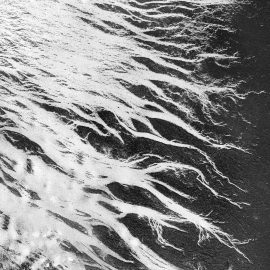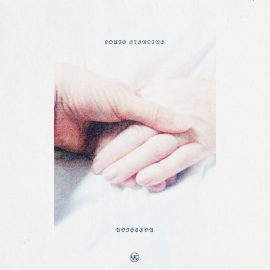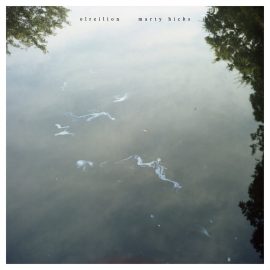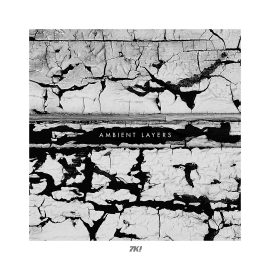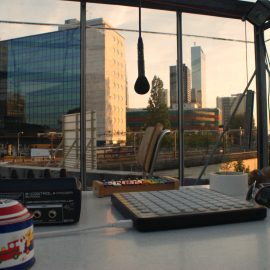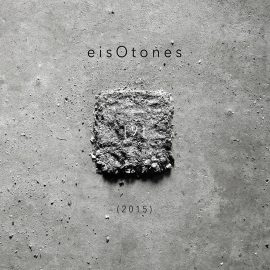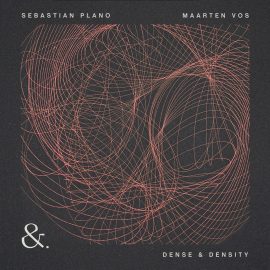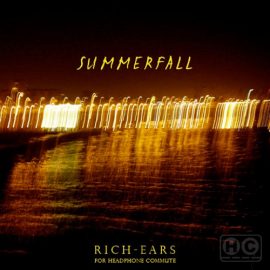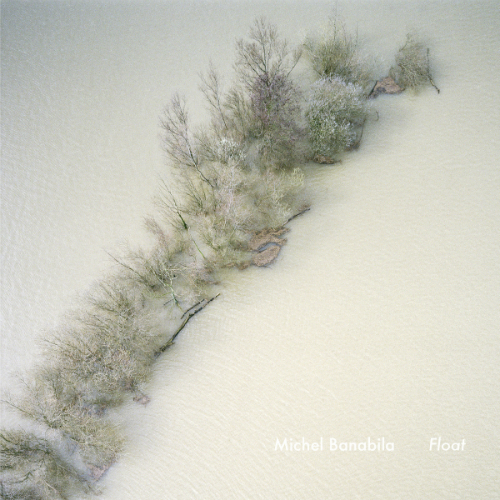 Michel Banabila Float Tapu Beginning his career in the early 80’s, Michel Banabila‘s albums covered many different styles. So many, in fact, that his place in music was a bit difficult to pinpoint which sometimes seemed to confuse critics as well as potential followers. His albums presented world music, jazz, theatre play soundtracks as well as abstract and ambient music. In recent years, his output became more focused on experimental electronica. There were collaborations with Machinefabriek, Scanner, Zenial, Radboud Mens, and multimedia performances with Geert Mul and Gerco de Ruijter (who also created the striking cover image for this album). Float is a compilation album that reminds of Banabila’s distinct way of composing more melodic instrumental pieces of a very different kind. Pieces that often gain extra depth with the contributions of a variety of guest musicians. The album collects tracks from Banabila’s previously released works, but the selection fits together remarkably well, as if all pieces were composed especially for this album. Float may not bring much new music for those already familiar with Banabila’s work, but it’s a perfect introduction to his music if you’re relatively new to his ‘more melodic’ side!
|
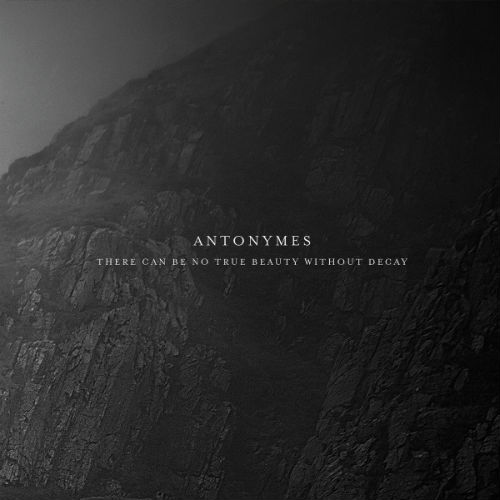 Antonymes There Can Be No True Beauty… hibernate To celebrate its 50th release since 2009, hibernate could hardly have chosen any better release than Antonymes‘ There Can Be No True Beauty Without Decay. Not only because Ian Hazeldine’s music seems to represent all of the things that the label stands for (“both abstract and melodic but always with a hint of melancholy“), but also because the inspiration for this album came from his debut, Beauty Becomes the Enemy of the Future (2009), which was originally released in the very same year. Re-visiting his first album, Antonymes composed seven new tracks, and had them remixed by Ian Hawgood, Isnaj Dui, Offthesky, Field Rotation, Wil Bolton, Spheruleus and James Banbury to complete this album. There Can Be No True Beauty Without Decay presents the original and the reworks unpaired. One might be tempted to listen to the originals and the reworks as ‘true beauty’ vs. ‘decay’, but of course it’s not just that simple – since one can’t be without the other. ‘Beauty’ is often presented in Ian’s majestic and melancholic piano themes, while ‘Decay’ may be found in the electronic remix deconstruction, and in the sound of worn-out vinyl grooves, which seems to re-create that familiar but not yet forgotten sound of a different time.
|
|
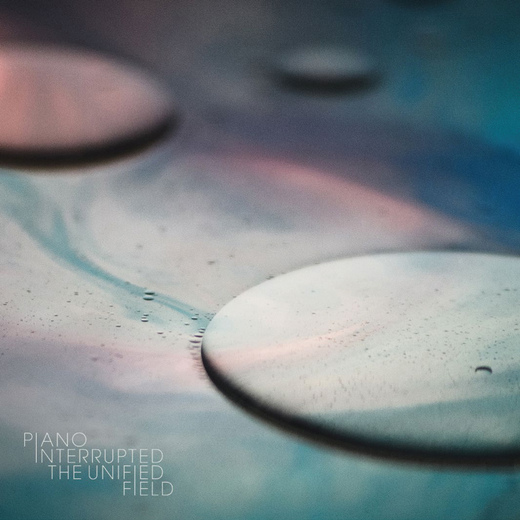 Piano Interrupted The Unified Field Denovali The collision of different backgrounds can sometimes yield amazing results, as Piano Interrupted demonstrates with their latest album, The Unified Field. Tom Hodge (UK) and Franz Kirmann (France) are not only from different countries, but also come from different musical worlds: Tom being a classical and minimalist composer, Franz hailing from the world of electronica, pop and techno. Combining such different backgrounds has of course been done before. But not often the result was as sparkling and refreshingly original like this. The combination of cut-up samples, piano, cinematic strings and double bass (Tim Fairhall) works particular well here, because Kirmann and Hodge manage to combine complex arrangements and rhythm changes with a melodic content that immediately captures the listener, just to guide him further on a ‘seductive joyride through a diverse range of emotions’. “The title of the album comes from David Lynch’s book ‘Catching The Big Fish’. In the context of his film-making, Lynch explains that if such a field exists then everything within it interconnects in one way or another, so that scenes and elements that may initially seem disconnected from each other emotionally or in terms of meaning, would in fact eventually make sense. This idea seemed particularly fitting in a musical context also. Drawing upon multiple, varied styles and influences and bringing them into one coherent unifying whole.“
|
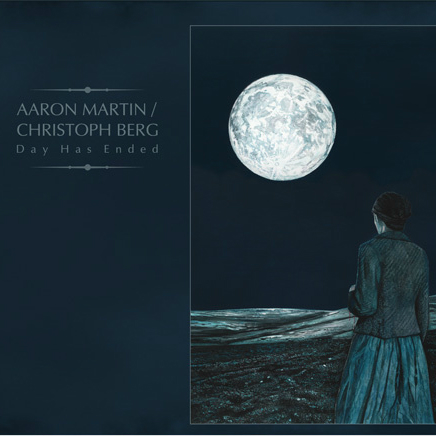 Aaron Martin + Christoph Berg Day Has Ended Dronarivm With only a few releases, the relatively new Moscow-based label Dronarivm found its status as one of contemporary ambient music’s most important labels [ed. perhaps it’s the curatorial hand of Pleq?] With the release of Day Has Ended featuring eight tracks by Aaron Martin and Christoph Berg, that status is definitely confirmed – if not enhanced. Both Aaron Martin and Christoph Berg (the latter is also known as Field Rotation) are composers renowned for their work crossing the borders of ‘ambient soundscapes’ and ‘post-classical’ music. The track titles and cover image of Day Has Ended immediately set the atmosphere: “This is quiet, intimate music, interfused with daylight and covered by a soft mist of evening dreams. This album spans the course of a day until the point where night falls.” It is a split CD, which means that Martin and Berg did not collaborate in creating these individual tracks, but both perform all instruments on their own for each half of the album. Clearly they knew what kind of album they were aiming for, since there is no clash in style or content – both halves of the album complete each other in describing the course of a single, calm and quiet, contemplative day. “Just close your eyes, be all ears and you’ll feel – the night is not silent. Sweet tune of twilight and darkness full of echo, humming blue, vague voice of the strings and clear gleaming of bright stars in a velvet sky – that is the night.”
|
|
©
Words by Peter van Cooten of Ambient Blog

